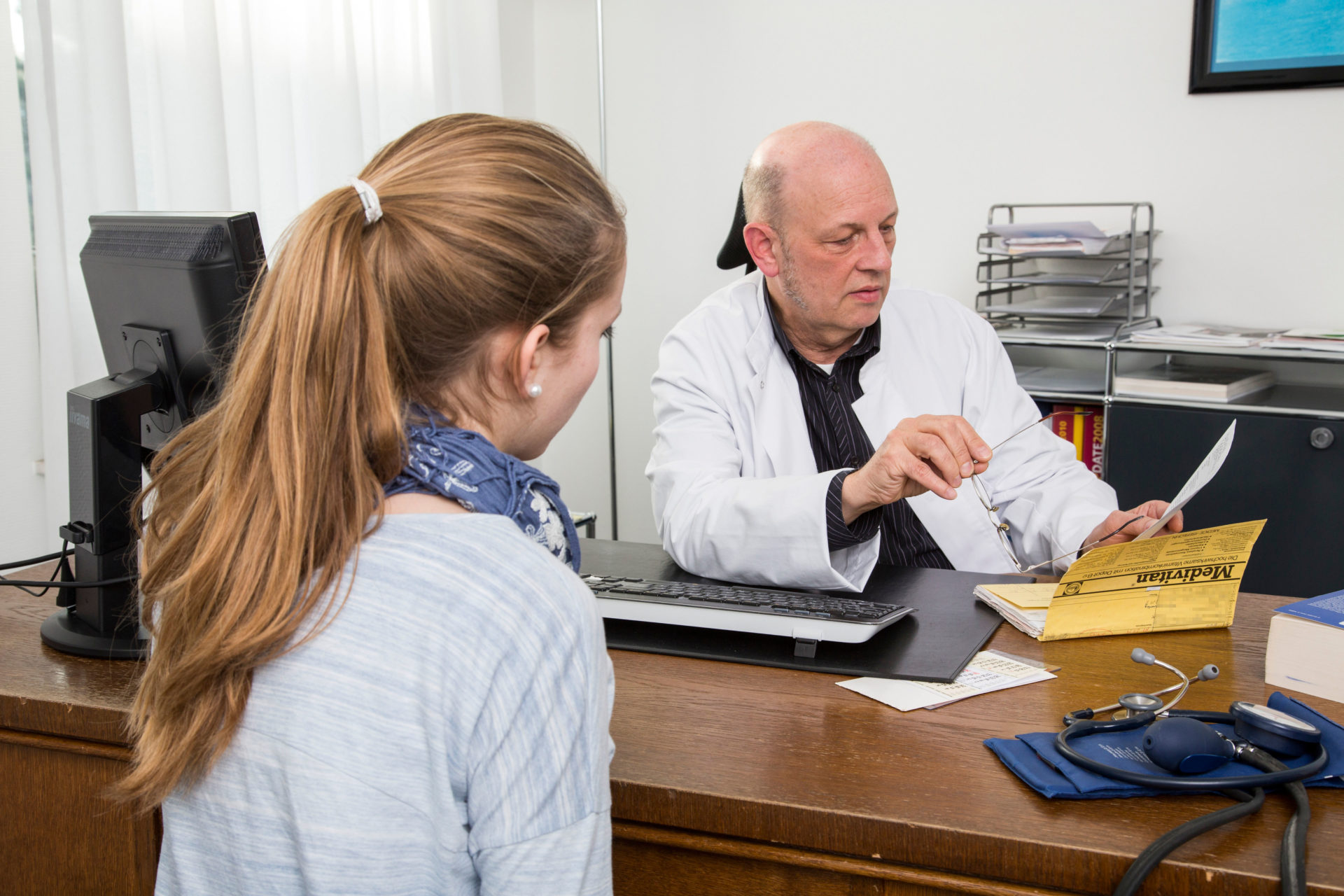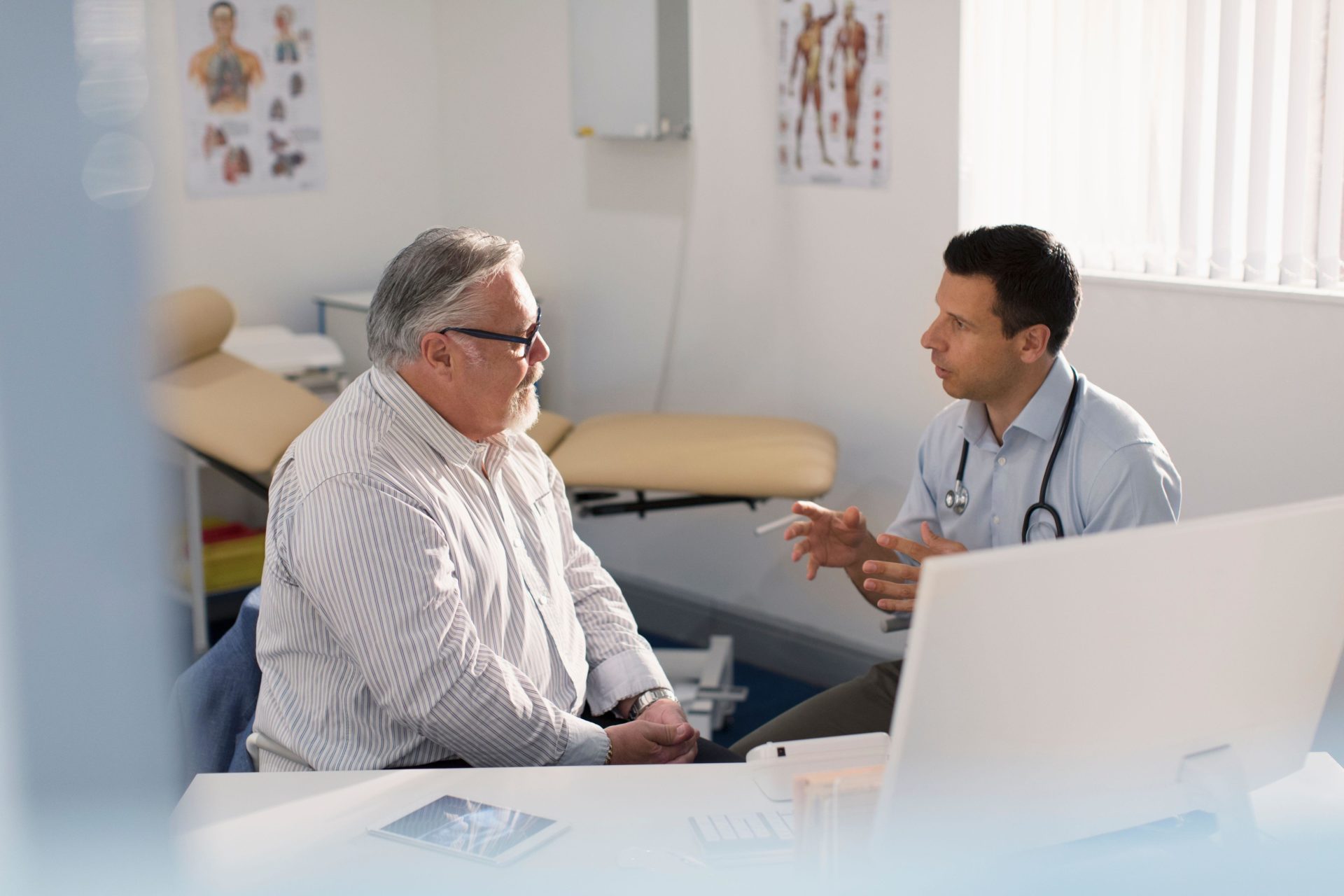An “increasingly” large number of public cancer patients are being denied effective new drugs that are routinely available to those being cared for in private hospitals.
Dr Michael McCarthy, a consultant oncologist at University College Galway, said some of the drugs are able to keep people alive and healthy for far longer than what is currently available for public healthcare.
The specialist, along with a number of colleagues, has written to Health Minister Jennifer Carroll MacNeill proposing a new Co-Funded Early Access Programme, to ensure public patients can avail of the newest treatments.
“It increasingly arises in every cancer type,” Dr McCarthy explained on The Pat Kenny Show.
“As far as I can see, the inequity is on track to get much worse before it gets better - if something is done about it.
“At the core of my job, on a day to day basis, I see people who have cancer now and it’s my responsibility to give them advice as to which treatments are likely to work best.
“I’m definitely not the best oncologist in the country but I’ve spent 20 years training to make these types of decisions.
“Increasingly, because the pace of change in terms of research is accelerating, the options that I would recommend are not open to me and my colleagues across the country.”
 A doctor and a patient. Picture by: Alamy.com.
A doctor and a patient. Picture by: Alamy.com.Dr McCarthy continued that while he does not believe that every drug approved by the European Medicines Agency, a number can make a significant difference to a patient’s quality of life.
“In some cases, the benefit is marginal,” he said.
“But now, in some cases, the benefit is large, substantial and obvious.
“For these drugs that the EMA have approved, they are currently available to patients treated in private hospitals and not to patients treated in public hospitals.”
 A man talks with a doctor in his office. Picture by: Bill Cheyrou / Alamy Stock Photo.com.
A man talks with a doctor in his office. Picture by: Bill Cheyrou / Alamy Stock Photo.com.Even if a public patient is willing to pay for the medication themselves, Dr McCarthy said the HSE has made it “very clear” that they cannot do this.
“People can self-pay in private hospitals,” he said.
“I guess the catch there is that if somebody is self-paying without insurance, it’s not just the cost of the drug that has to be covered, it’s the cost of the full hospital care.
“Which is a lot of money.”
 A doctor and a patient. Picture by: Aaron Amat / Alamy.com.
A doctor and a patient. Picture by: Aaron Amat / Alamy.com.Dr McCarthy added that this means disparities in outcomes between public and private patients are “coming thick and fast”.
“About a year ago, from memory, there were about six treatment indications that were available privately and not publicly,” he said.
“Now in my area of practice, that’s up to about 12.
“To give you an example, there’s an immunotherapy called Dostarlimab that is available for the treatment of a subtype of endometrial cancers.
“In clinical research, in two years about 60% of people who get the treatment are still alive and well without any progress of their cancer - compared to 15% of people who didn’t get the immunotherapy and got chemotherapy instead.”
In the Programme for Government, Fianna Fáil and Fine Gael describe themselves as “committed to ensuring that patients have access to new innovative new medicines and treatments as quickly as possible”.
Main image: A cancer patient being prepared for chemotherapy. Picture by: JPagetRMphotos / Alamy.com.









